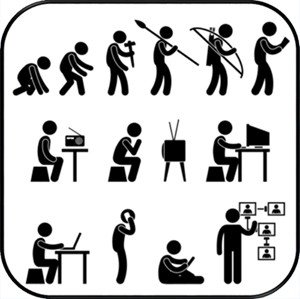Various companies have been developing and offering devices capable of receiving and processing various biological signals from the human body — for example, the EEG (electroencephalogram), as well as transferring the obtained information to various kinds of devices. This technology is called a brain-machine interface (BMI).

The neurologist Philip Kennedy discovered the use of BMI, introducing the neural interface into the brain of the monkey, and then into the human brain. After the ban on experimenting with people, he implanted the electrodes in his own brain and removed them after several successful tests.
So, what do we have today?
More recently, the media has published information about the invention of a new musical instrument, the encephalophone, which allows one to perform music using electric brain activity. An experiment involved 15 healthy people who weren’t musicians. After five minutes of training, the results were impressive: everyone was able to precisely control the sound reproduction on the piano.
Meanwhile, “Robotrack” scientists, for example, presented a device that finds out whether a person is thinking at the moment or not. Such an invention is a godsend for a supervisor if used at a meeting to check the attention of employees.
However, the use is not reduced to just entertainment and business. Neural interfaces are also used in medicine. Wheelchairs can be driven by the power of thought, as well as technology that allows one to mentally manage a computer — a new way for immobilized people to interact with the world. Besides, there are special neural chats where people with disabilities can communicate with each other.
All of this can be combined into a global ecosystem to create a single neural interface suitable for any device. And it’s already done!
Basis Neuro presented its development to the world — a “packaged” solution for a neural interface, capable of integrating into any device. Now developers of any products will be able to implement a ready-made neural interface, and the Basis Neuro team takes on the entire complex part of development. Such an interface can be used for neural control, neural monitoring, and neural stimulation. In addition to all this, this solution has the highest functionality today when compared with competitors.
Such companies open a new era of neural technology development, and who knows — maybe tomorrow we will be able to transplant not only the liver, kidneys, heart, but also the brain.
Hi! I am a robot. I just upvoted you! I found similar content that readers might be interested in:
https://forum.unicorngo.io/threads/328/